
The Best of Prokofiev
Sergei Sergeyevich Prokofiev (27 April [O.S. 15 April] 1891 – 5 March 1953) was a Russian Soviet composer, pianist and conductor. As the creator of[…]

The Best of Stravinsky
Igor Fyodorovich Stravinsky ComSE (17 June [O.S. 5 June] 1882 – 6 April 1971) was a Russian-born composer, pianist, and conductor. He is widely considered[…]
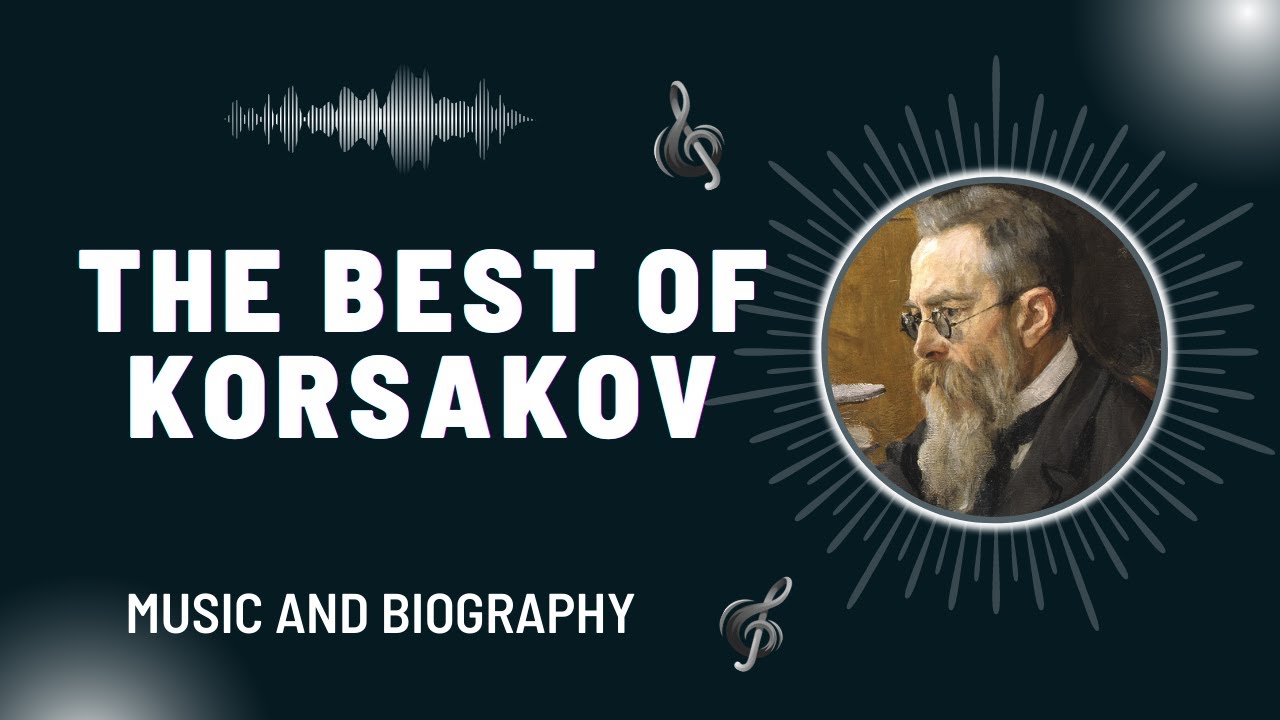
The Best of Korsakov
Nikolai Andreyevich Rimsky-Korsakov (18 March [O.S. 6 March] 1844 – 21 June [O.S. 8 June] 1908) was a Russian composer, and a member of the[…]
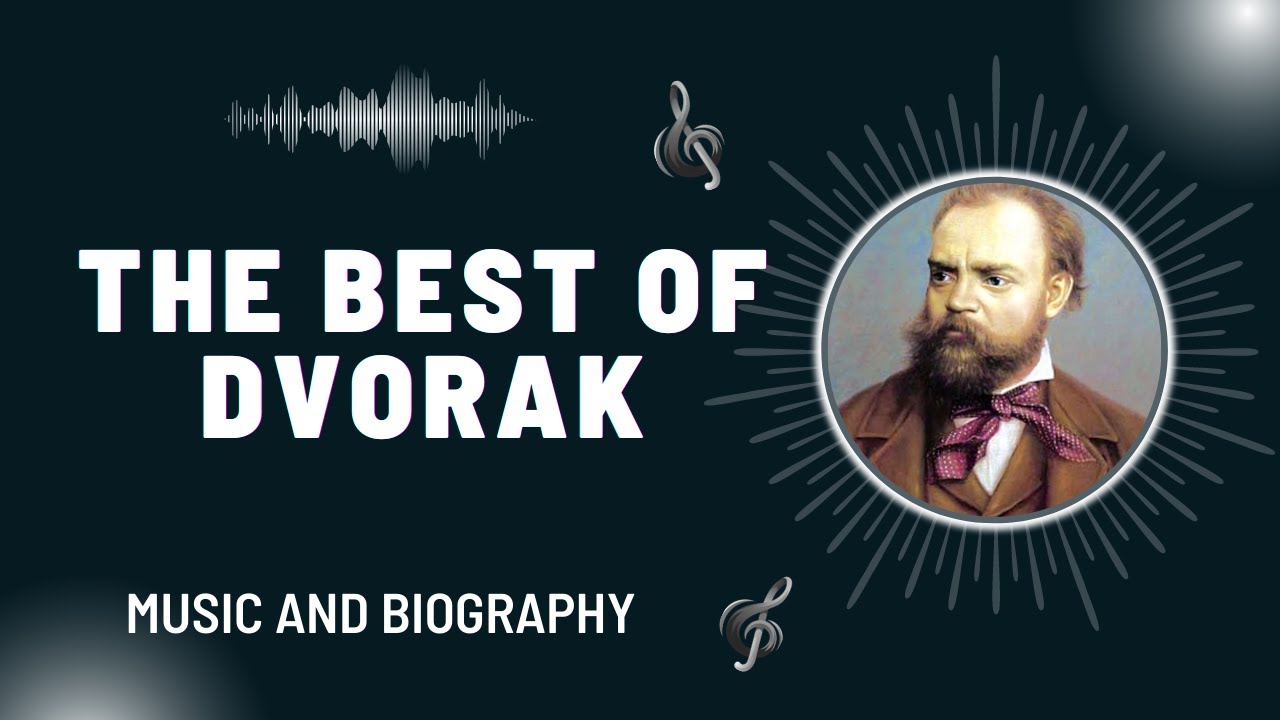
The Best of Dvorak
Antonín Leopold Dvořák (8 September 1841 – 1 May 1904) was a Czech composer, one of the first to achieve worldwide recognition. Following the Romantic-era[…]
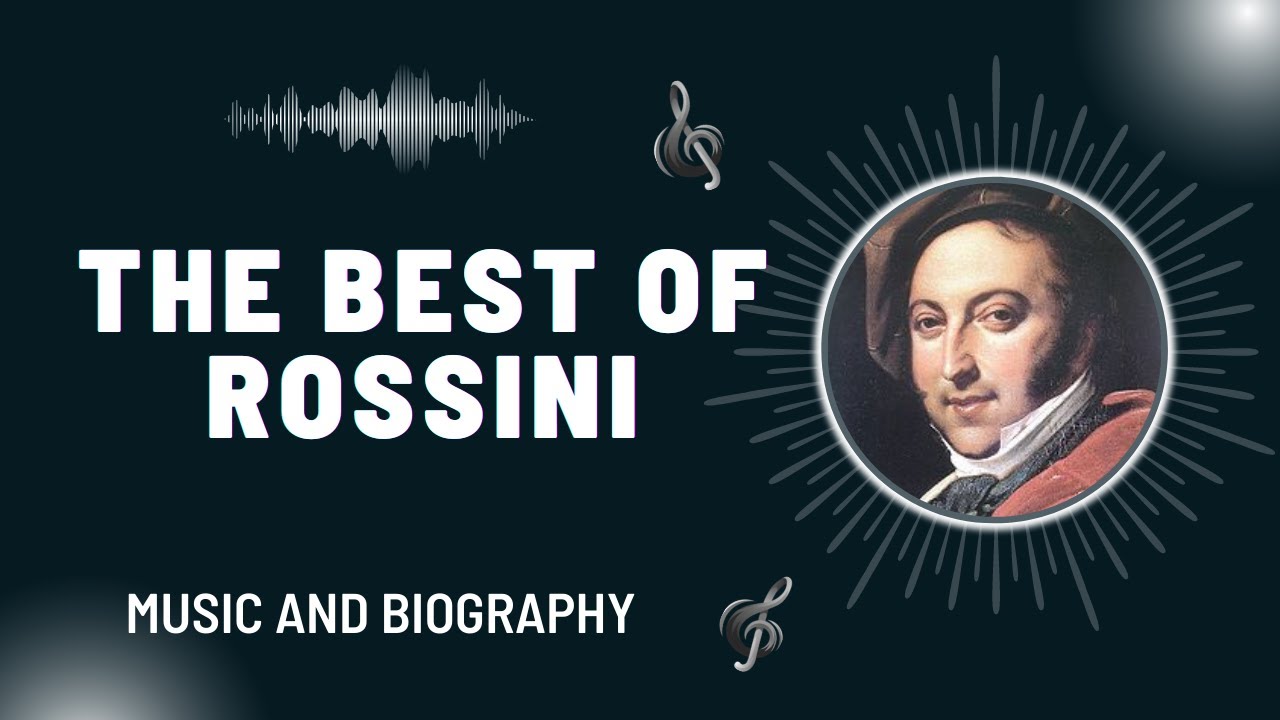
The Best of Rossini
Gioachino Rossini Gioachino Antonio Rossini (29 February 1792 – 13 November 1868) was an Italian composer who gained fame for his 39 operas, although he also[…]
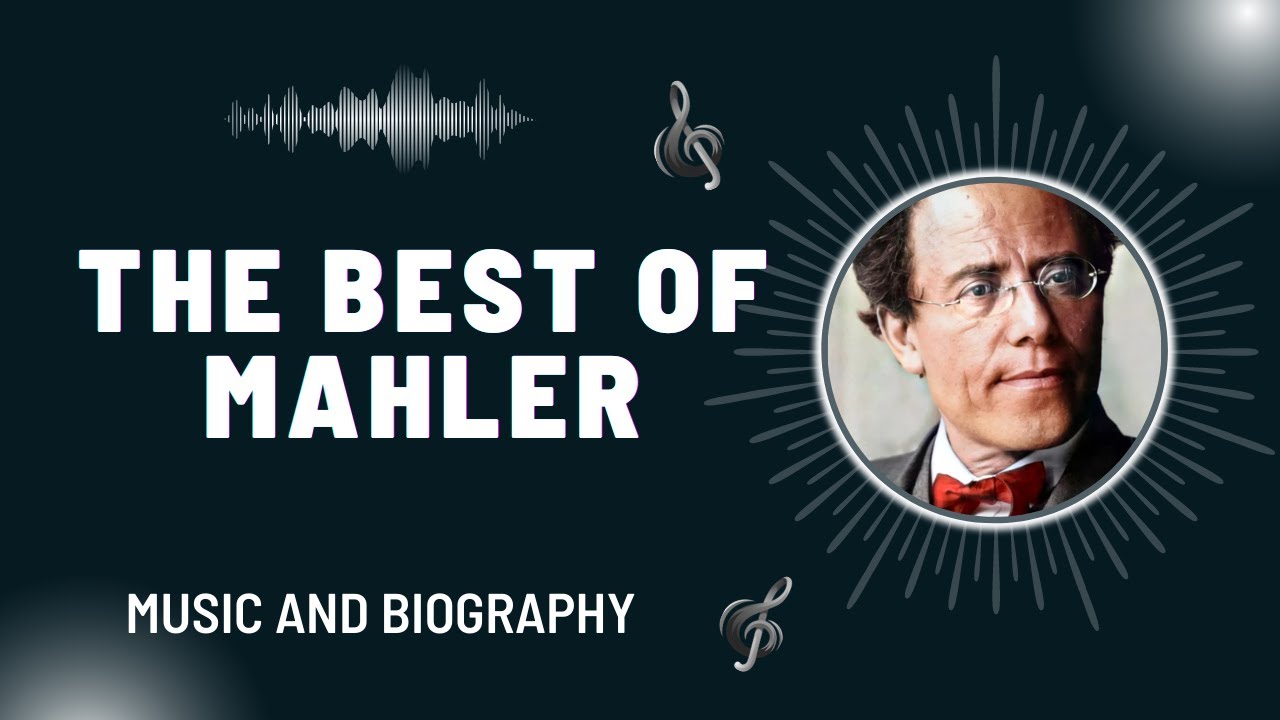
The Best of Mahler
Gustav Mahler (7 July 1860 – 18 May 1911) was an Austro-Bohemian late-Romantic composer, and one of the leading conductors of his generation. As a[…]
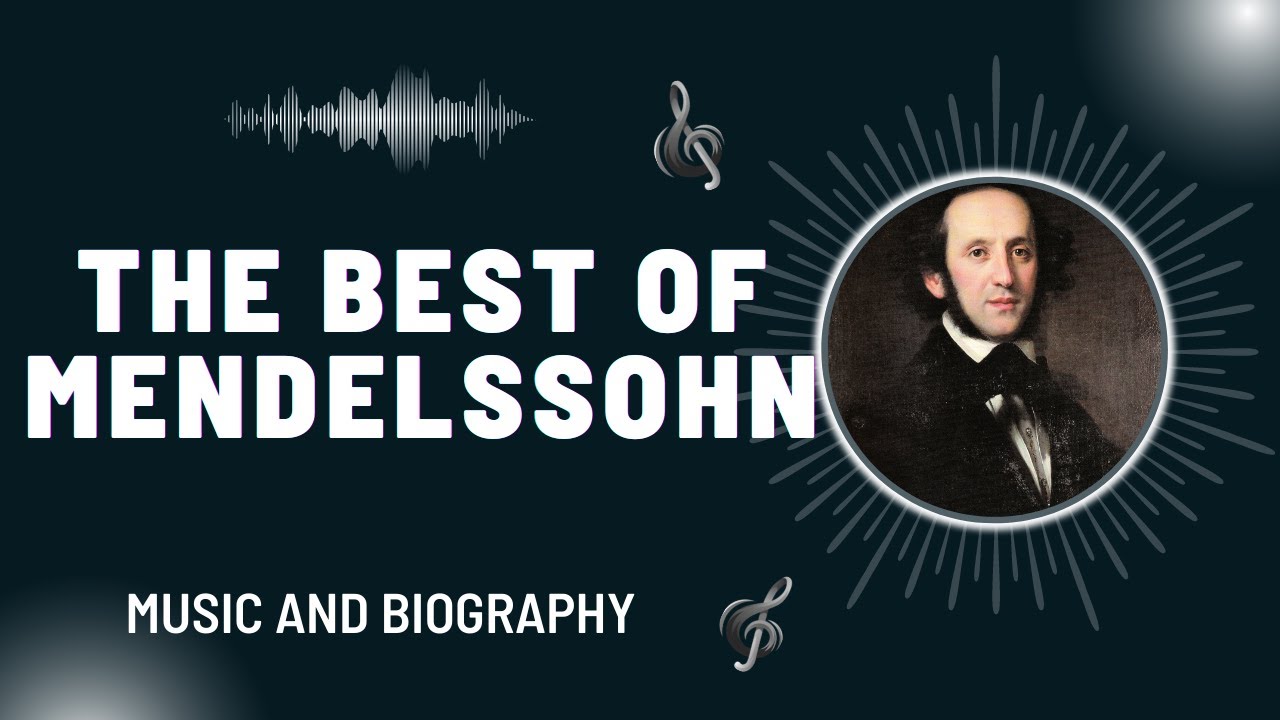
The Best of Mendelssohn
Jakob Ludwig Felix Mendelssohn Bartholdy (3 February 1809 – 4 November 1847), born and widely known as Felix Mendelssohn, was a German composer, pianist, organist[…]
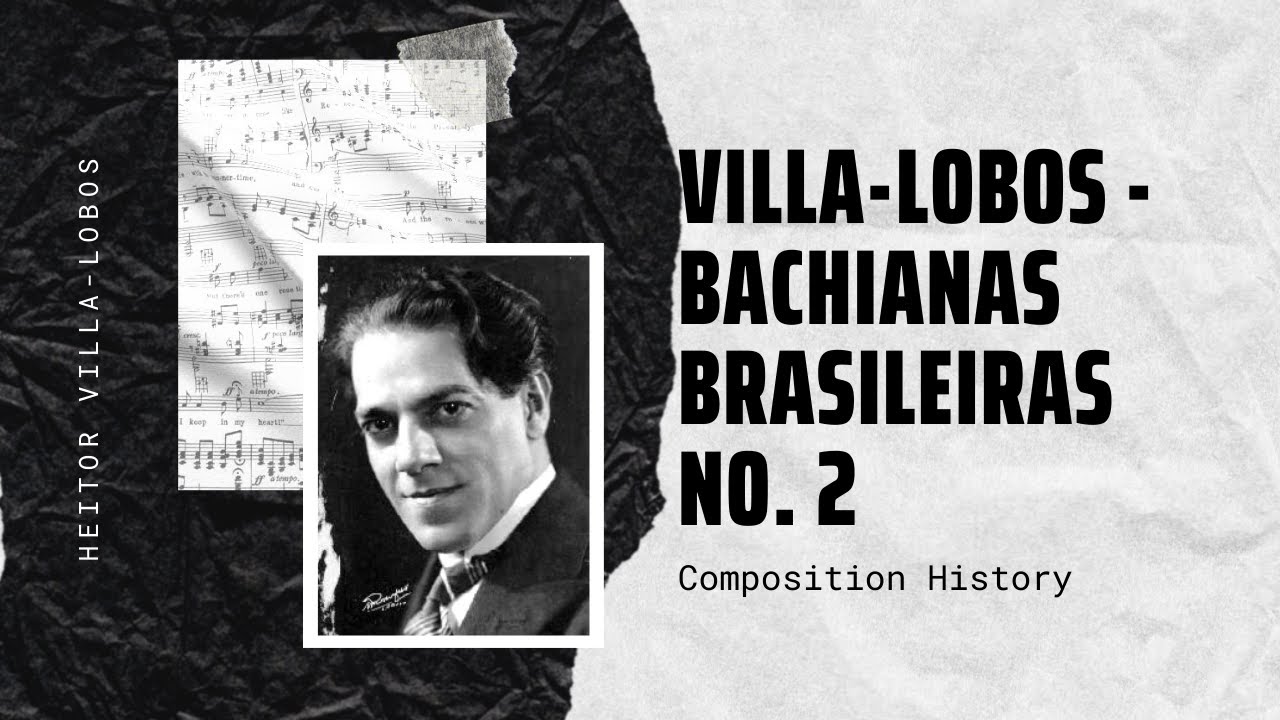
Villa-Lobos – Bachianas Brasileiras No. 2
Villa-Lobos – Bachianas Brasileiras No. 2 The Bachianas Brasileiras are a series of nine suites by the Brazilian composer Heitor Villa-Lobos, written for various combinations of[…]